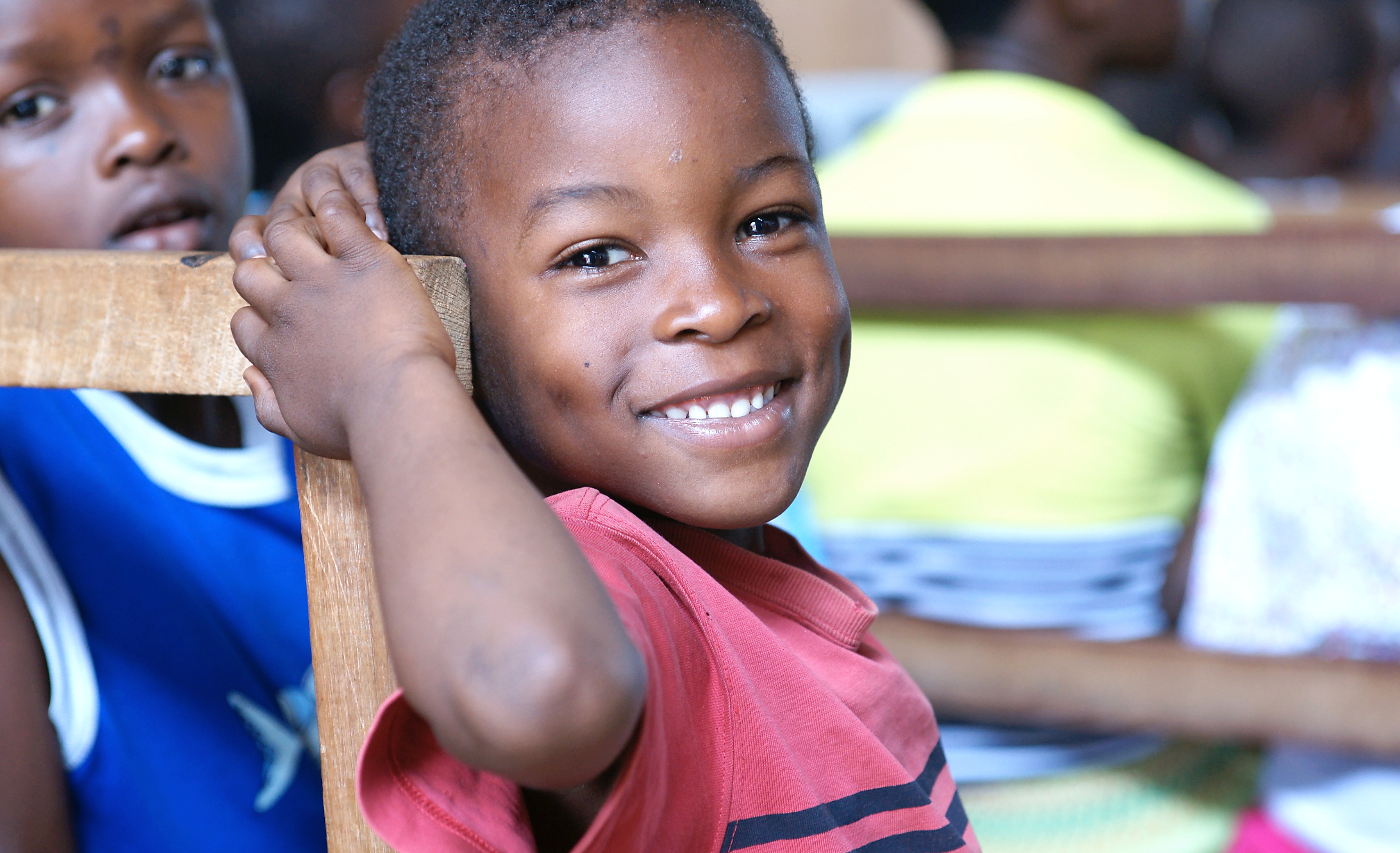Remedial Learning Centers Rekindle Hope for Parents and Learners
Making learning possible during the COVID-19 pandemic lockdown
Image

In Uganda, the COVID-19 pandemic led to restrictive lockdowns that forced schools to close for almost two years. Education was largely interrupted, and children across Uganda became more susceptible to risky behaviors, substance abuse and teenage pregnancy. Many parents were completely focused on making ends meet and putting food on the table during this difficult time and were unable to supervise their children.
USAID Uganda’s flagship resilience activity, the Integrated Community Agriculture and Nutrition (ICAN) Activity, supported the establishment of 76 Remedial Learning Centers (RLCs) in six out of eight USAID ICAN supported districts (40 in Acholi, 24 in Karamoja and 12 in Kigezi) for learners from lower primary, upper primary and candidate classes. The objectives of the RLCs were to: i) overcome learning challenges posed by COVID-19, ii) catch learners up on their curriculums and iii) improve learner performance. USAID ICAN focused on access to quality education, retention and completion of the primary education cycle.
USAID ICAN strengthened the participatory governance system within schools and community structures to promote quality education and enhance learners’ pre-requisite numeracy, literacy and life skills (i.e., hygiene, sanitation, home- economics, etc.) USAID ICAN strategically collaborated with the USAID Integrated Child and Youth Development Activity and the National Curriculum Development Center to promote early grade numeracy and literacy skills. USAID ICAN worked closely with existing local government education structures, including District Education Task Forces, School Management Committees, Parent Teacher-Associations, Child Rights Clubs, cultural leaders and communities to increase enrollment and retention.




